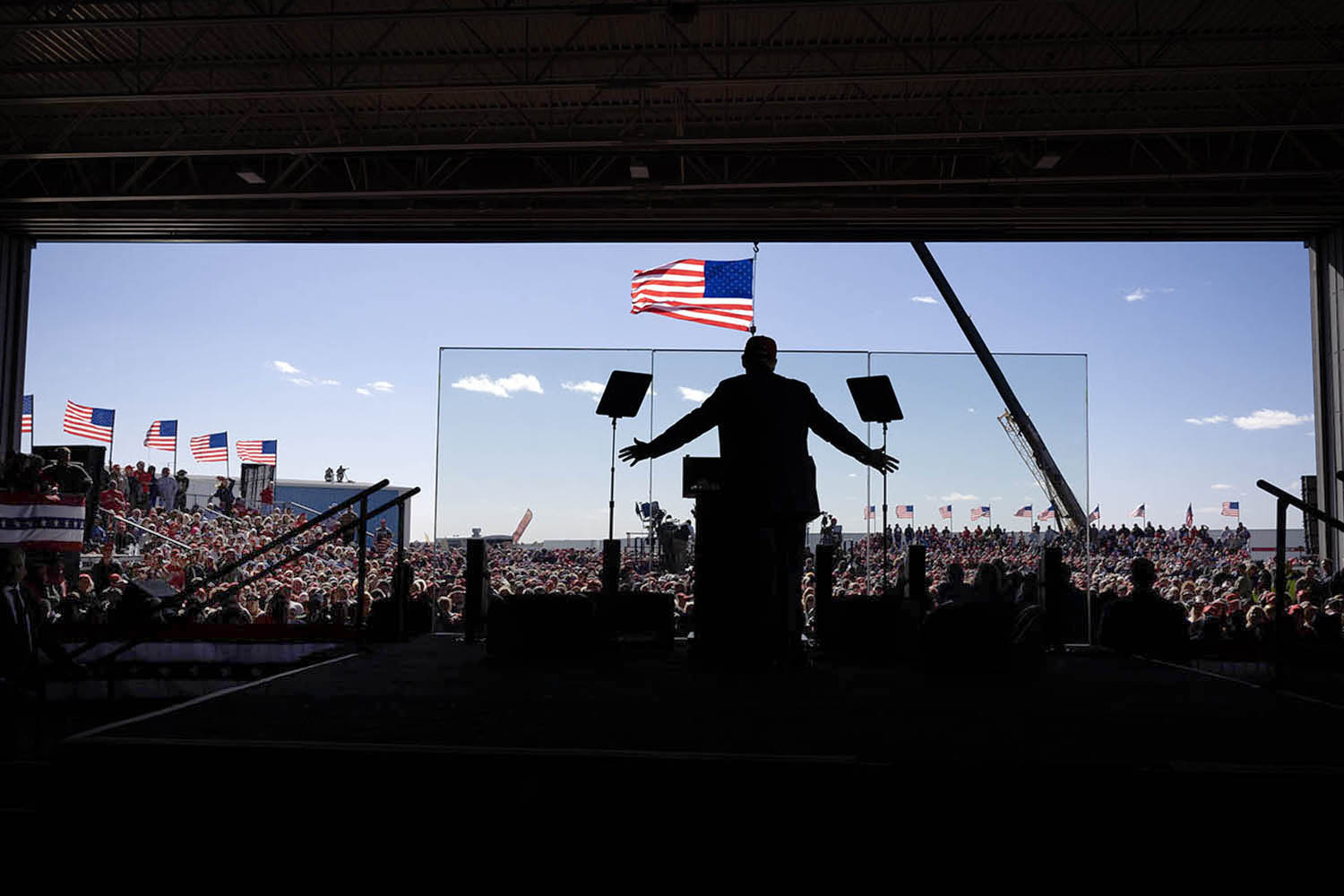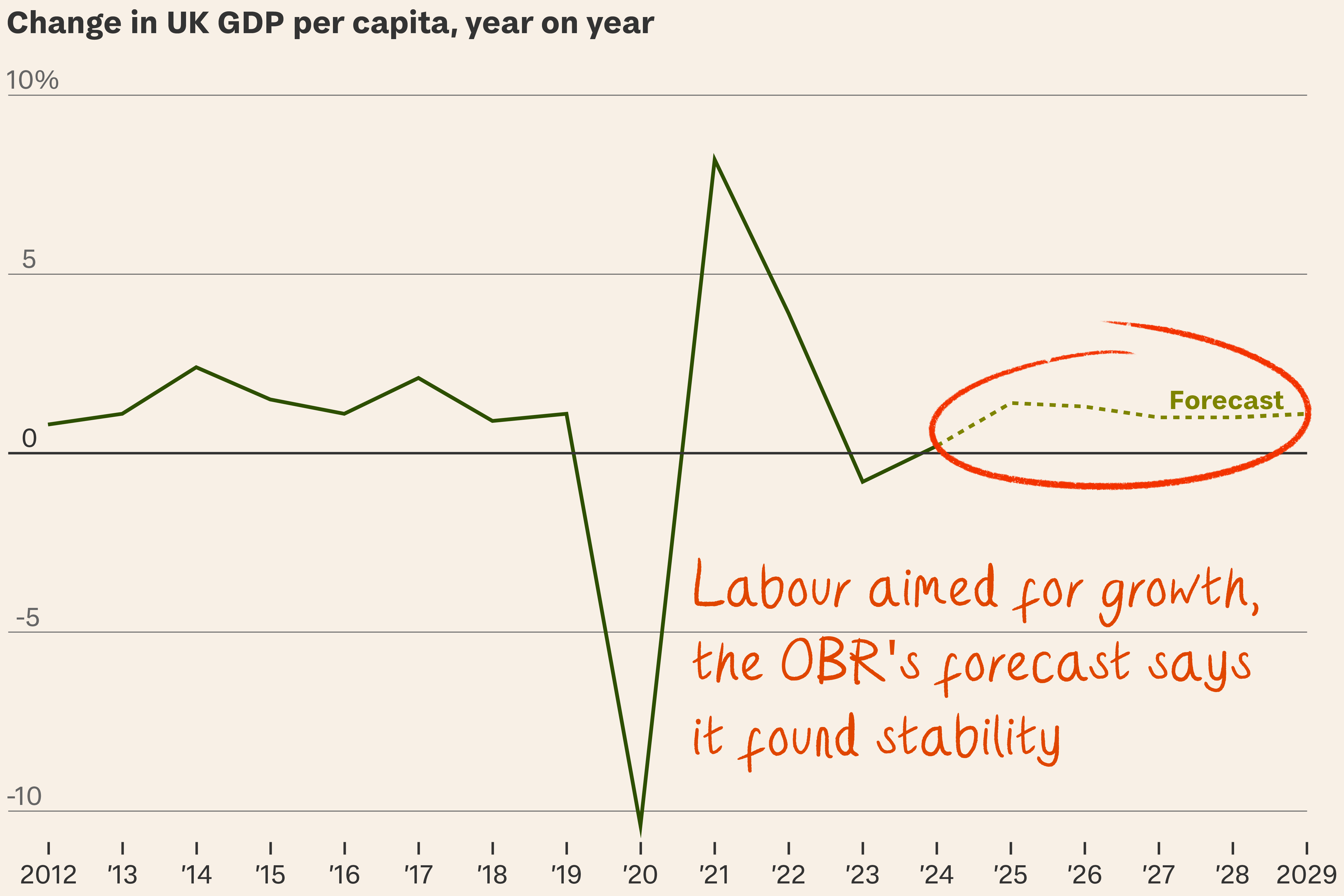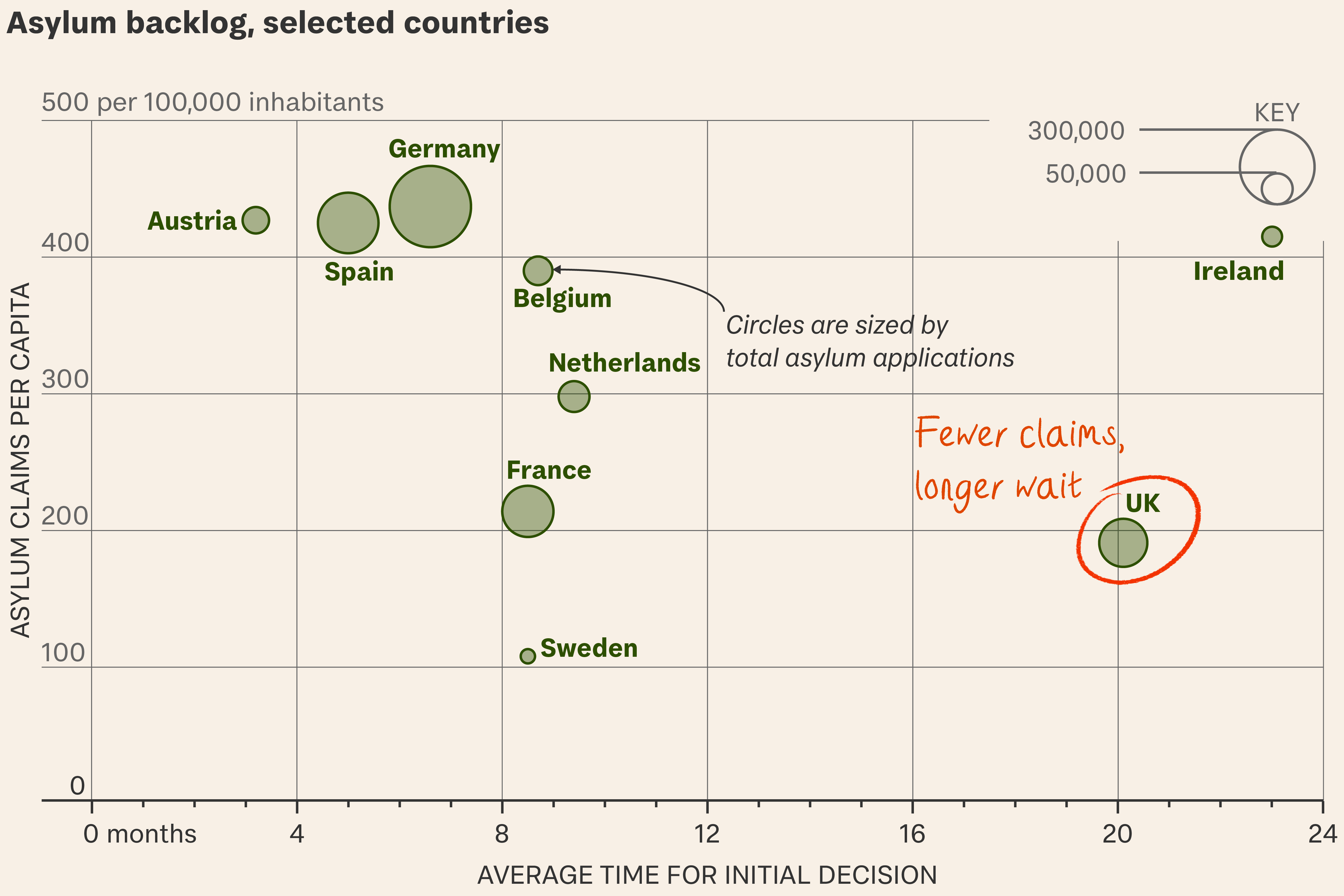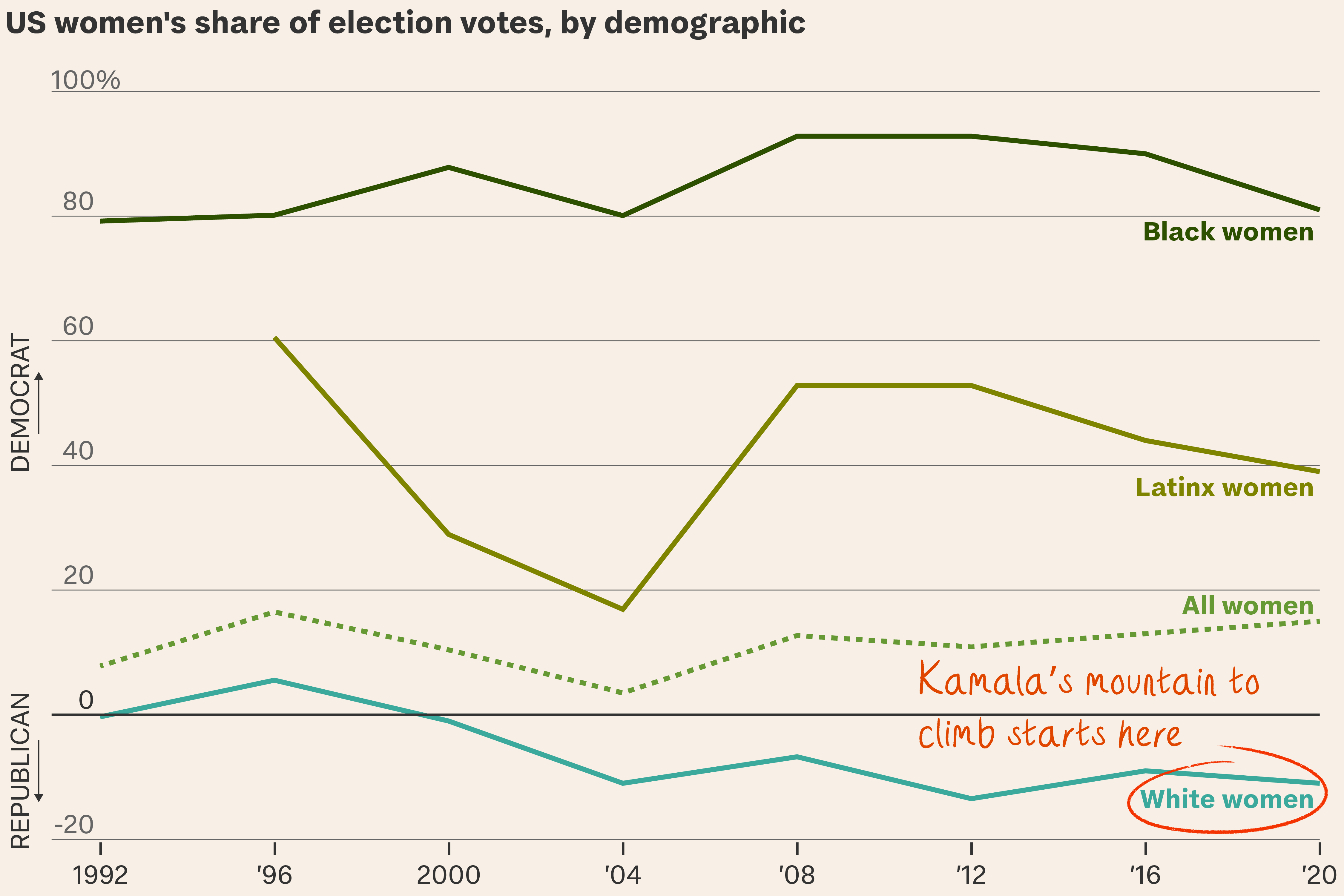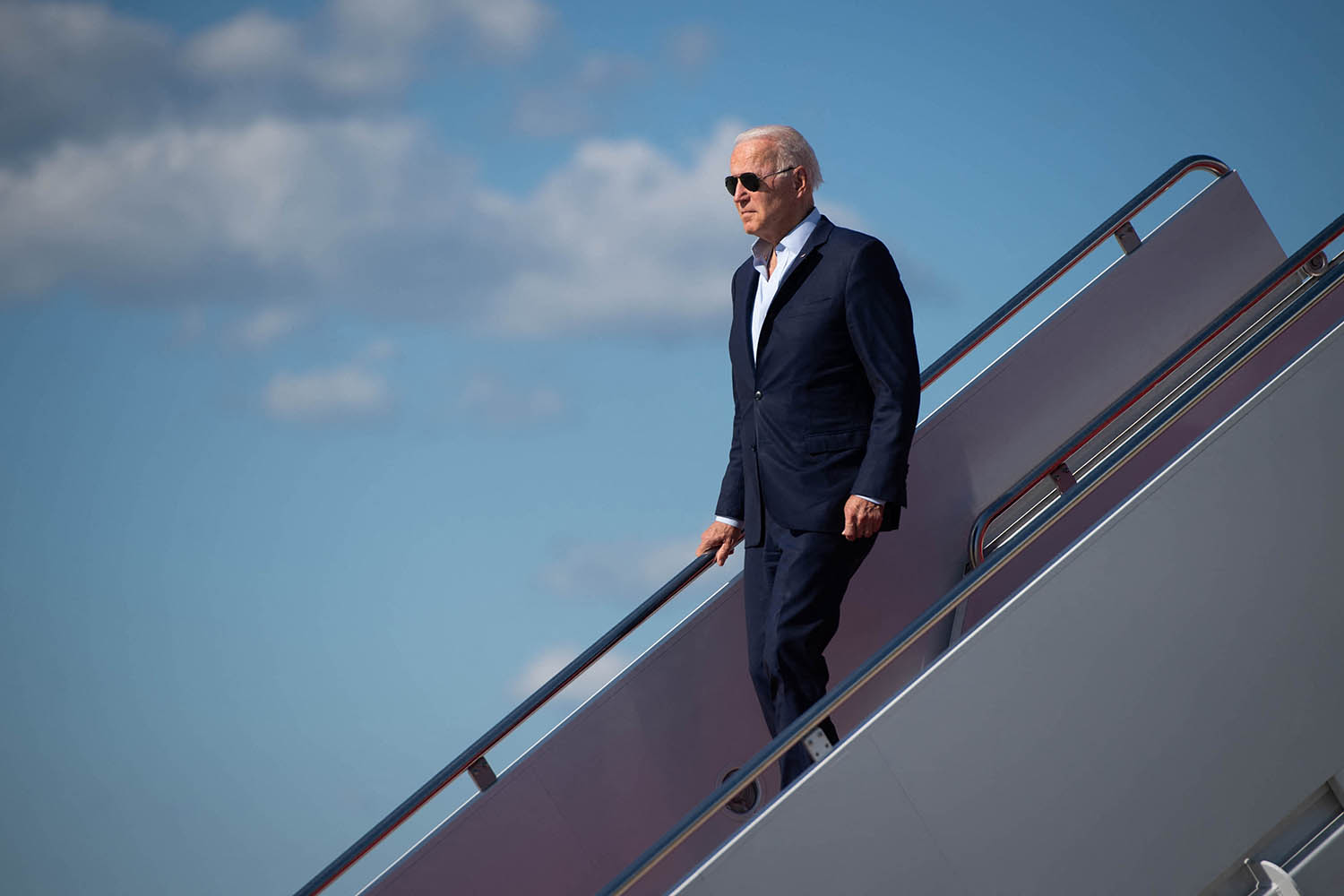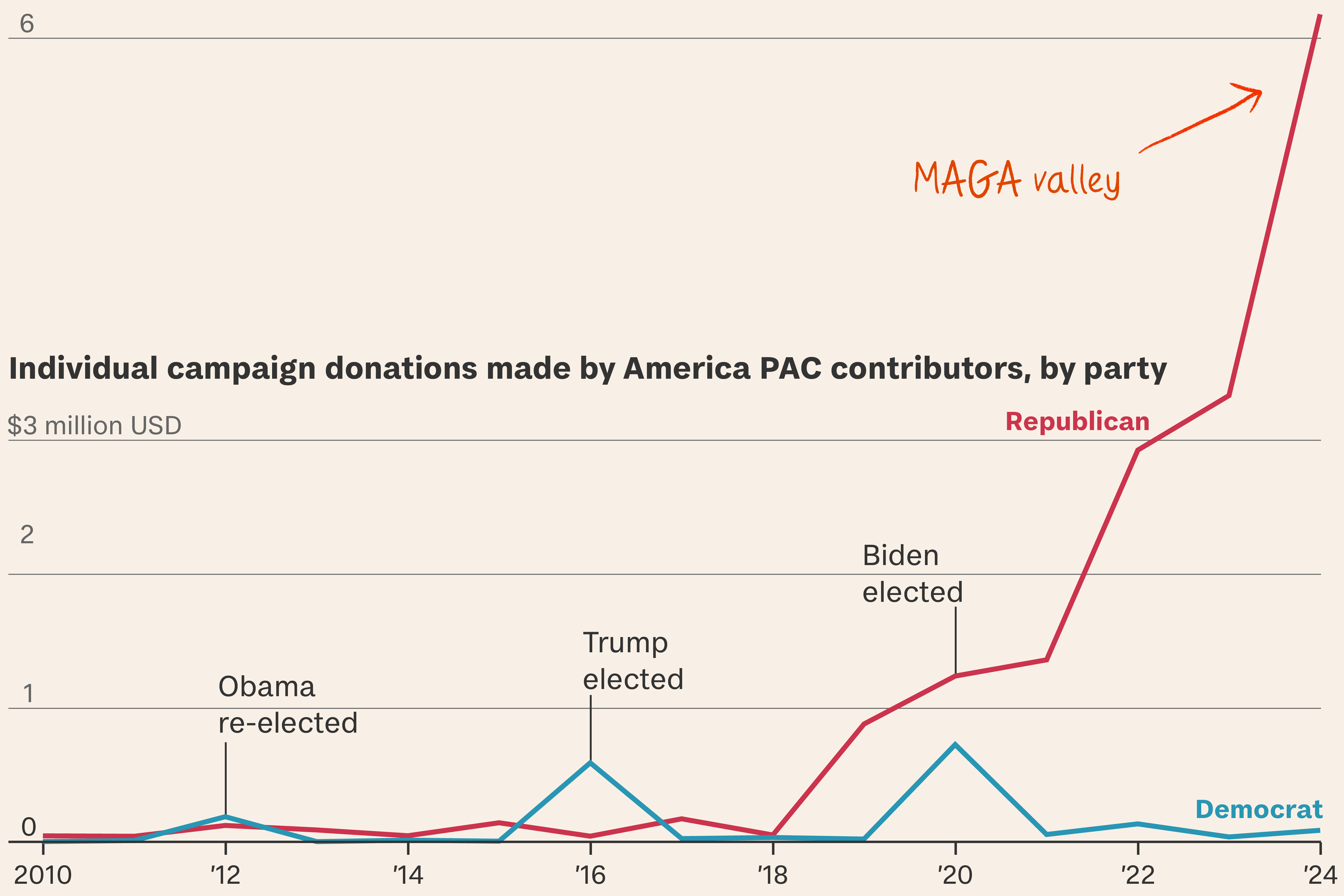
Netanyahu has pulled his country to the right and is testing its most important relationship to destruction.
Last Friday, the US Senate majority leader Chuck Schumer called for an election in Israel because Benjamin Netanyahu risked turning the country into a “pariah” state.
So what? It was an astonishing rebuke from the highest ranking elected Jewish official in American history. Schumer said Netanyahu had “lost his way” by prioritising his political survival over the interests of Israel. President Biden called it a “good speech”.
Whether Israel’s prime minister will change course is less clear.
- On Sunday, he reaffirmed his intention to launch a ground invasion of the southern Gaza city of Rafah, even though Biden has said that would cross a “red line.”
- Yesterday he agreed to send officials to Washington to hear US concerns about Rafah, but he has regularly opposed the creation of the Palestinian state that Biden says needs to emerge at the end of the war.
- He could step back, but his prosecution of the war so far has already jeopardised the support of Israel’s essential ally and traditionally friendly media on both sides of the Atlantic.
These are not improvised tactics, but part of a broader strategy to change Israel’s fundamental compact with its people and neighbours. For anyone paying close attention, its roots were discernible decades ago.
Telltale. In 2001, Netanyahu was secretly recorded dismissing American efforts to restrain Israel’s use of force against the Palestinians. That conversation, when the Oslo accords were still considered a plausible path to peace, holds a key to understanding the Israeli prime minister’s conduct since the October 7th attacks.
Speaking in the video with a family of Jewish West Bank settlers, Netanyahu
- says the Palestinians should be struck so hard they will pay “an unbearable price”;
- dismisses concerns about international criticism;
- explains that the Americans are something “you can easily manoeuvre”; and
- brags about how he halted the fulfilment of the Oslo [1993 and 1995 peace] accords in his first prime ministerial term. He makes clear his determination not to cede occupied territory for a Palestinian state.
These unguarded remarks a year into the second intifada, or Palestinian uprising, foreshadow Netanyahu’s sidestepping of US appeals to protect civilian lives in Gaza and move towards a two-state solution.
No-one has done more to shape modern Israel or bring it to the place it is today. Key points in the career of Israel’s longest-serving PM include:
- Hard-right lessons. In Netanyahu’s first (1996-9) premiership even the minimal concessions to the Palestinians wrung out of him by US President Bill Clinton cost him support on the hard right, contributing to his election defeat in 1999. According to his spokesman at the time, Aviv Bushinsky, the lesson he learned was: “You don’t mess with the right-wingers.”
- Lip service. During Barack Obama’s US presidency Netanyahu paid heavily qualified lip service to a two-state solution. According to Ehud Olmert, a former prime minister, this was a ploy by someone who had opposed a Palestinian state from his youth.
- Divide and rule. Netanyahu garnered credit in his second stretch as PM for a strong economy and, for Jewish Israelis at least, relative security. But from 2015, he abandoned any pretence of resolving – rather than managing – the conflict. He started a now much criticised “divide and rule” policy, enabling and aiding Hamas to control Gaza so he could say there was no unified Palestinian leadership to negotiate with. With Donald Trump’s help, his marginalisation of the Palestinians reached its acme when Gulf States agreed to recognise Israel without it granting a Palestinian state in return.
- Court battle. Netanyahu bitterly divided Israel last year when he joined forces with two extreme right ultranationalist parties and sought to neuter Israel’s Supreme Court. Many Israelis believe this was to escape his own conviction on corruption charges (which he denies). But it was also what his extremist allies wanted – to remove any restraints the court posed on suppressing Arabs and annexing the West Bank.
Then came October 7. Netanyahu’s popularity slumped after his failure to prevent the Hamas massacres. While most Israelis support the war despite the unprecedented death toll of Palestinian civilians, there are tensions over the 130 Israeli hostages still being held in Gaza. Netanyahu is “not enthusiastic” about a hostage deal, Haaretz Editor-in-Chief Aluf Benn tells Tortoise in a new podcast series, The State of Netanyahu, because he gains nothing from it politically. Benn adds: “The longer the war, the further away the election is.”
Street fighter. Netanyahu wants an honoured place in history. But he has few achievements compared with some of his predecessors. Bushinsky says he would like streets named after him when he finally goes – but if he fails to fulfil his dream of eliminating Hamas, he adds, “I don’t know if they are going to name an alley under Netanyahu.”
What’s more. He has legitimised a new hard-right Israeli politics, says the analyst Dahlia Scheindlin, and delegitimised the liberal democratic values on which the country was founded. The future of that Israel is now at stake.
Listen to part one of our three-part series The State of Netanyahu now by clicking here.

